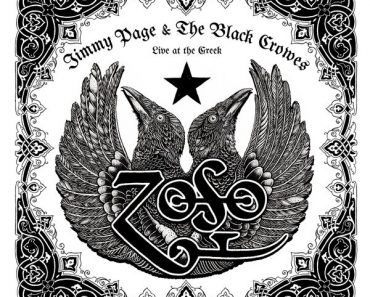In an unwavering stance, Klavidia has responded to Turkish criticism regarding her Eurovision entry, “Asteromáta,” addressing accusations that her song contains political undertones. She emphasized that the piece is a universal breakup song, accessible to all listeners.
In a recent interview, Klavidia, who will represent Greece in the upcoming Eurovision Song Contest, discussed her decision to include Greek lyrics in her song. She noted that while some viewed this as a risk, she has found it to be a point of appreciation among audiences. “Our language hasn’t been a barrier; if anything, people are intrigued by it,” she stated confidently.

Klavidia also highlighted the positive feedback from international YouTubers, expressing joy at their emotional reactions to her performance, despite the language barrier. She explained that her song isn’t politically charged, contrary to claims by some Turkish entities. “It’s definitely not politicized, and nothing political is mentioned in the song,” she assured.
The controversy began after Turkish public broadcaster TRT announced intentions to scrutinize the song, following rumors of references to the Pontian Greek Genocide—a topic Turkey disputes. Klavidia addressed this head-on, clarifying that the song reflects personal and familial themes rather than political events.
Her connection to Elena Paparizou was also a topic of conversation, with Klavidia expressing gratitude for the veteran singer’s support and mentorship since their initial meeting on “The Voice.”
As the situation unfolds, with TRT vowing to assess the song, Klavidia remains firm, asserting that any final judgment lies with the European Broadcasting Union. Greece and Turkey await further developments as Eurovision 2025 approaches.






